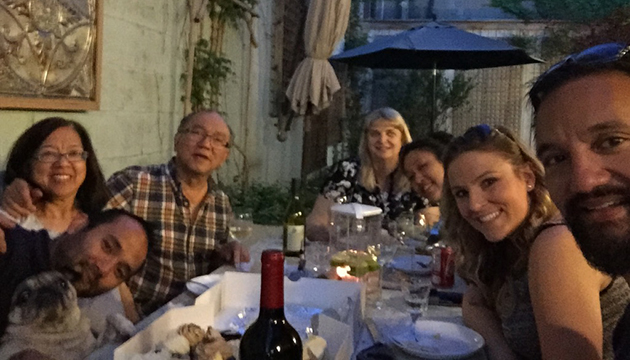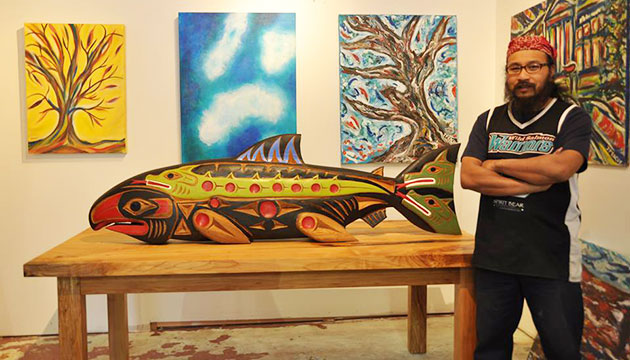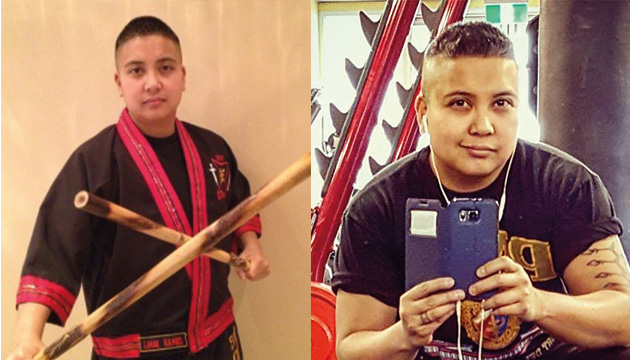The party that campaigned on a pledge to reduce immigration and abolish Canada’s multicultural policy did not win a single seat in the October 21, 2019 federal election.
Even Maxime Bernier, leader of the People’s Party of Canada, failed to get himself elected.
Bernier, an incumbent, lost his seat in the Quebec riding of Beauce in a total rout of the new party he founded after he split from the Conservative Party of Canada.
The party’s immigration platform sought to substantially lower the number of immigrants and refugees accepted to Canada.
Bernier’s party wanted to cut immigration levels from the current number of 350,000 individuals per year to between 100,000 and 150,000.
“Our immigration policy can benefit Canadians only if we welcome the right kind of immigrants,” according to the party’s platform.
The People’s Party also promised to repeal the Multiculturalism Act, and eliminate government funding to promote multiculturalism.
“In a free society, immigrants have the right to cherish and maintain their cultural heritage,” according to the party. “However, that doesn’t mean we have any obligation to help them preserve it, with government programs and taxpayers’ money.”
Bernier’s party got only 1.6 percent of the total votes cast in the election.
The October 21 ballot saw the Liberal Prime Minister Justin Trudeau win a second term, although with a minority government.
Trudeau and his Liberal Party lost the majority they got in the 2015 ballot.
With 157 seats won in the House of Commons, Trudeau’s Liberals will govern with a minority mandate, which means that the government can fall on a confidence vote, triggering a new election.
The Conservative Party of Andrew Scheer garnered 121 seats.
The Bloc Quebecois surged to third place, with 32 seats.
The NDP had 24. The Greens won three seats.
Former Liberal and now independent politician Jody Wilson-Raybould won a second term in Vancouver-Granville.
Based on a preliminary report by Elections Canada, the 43rd election saw a voter turnout of 65.95 percent.
A total of 21 registered parties were represented. As well, 2,146 candidates were confirmed.
There were at least three Canadian Filipinos who entered the election as candidates, but no one was able to secure a victory.
Mae Nam, a labour lawyer, ran with the NDP in the Ontario riding of Beaches-East York.
Henry Hizon, who works in the animal industry, was fielded as a candidate by the Christian Heritage Party in the Manitoba riding of Winnipeg North.
Jaeden Dela Torre, a political science student, represented the NDP in the B.C. riding of Steveston – Richmond East.













